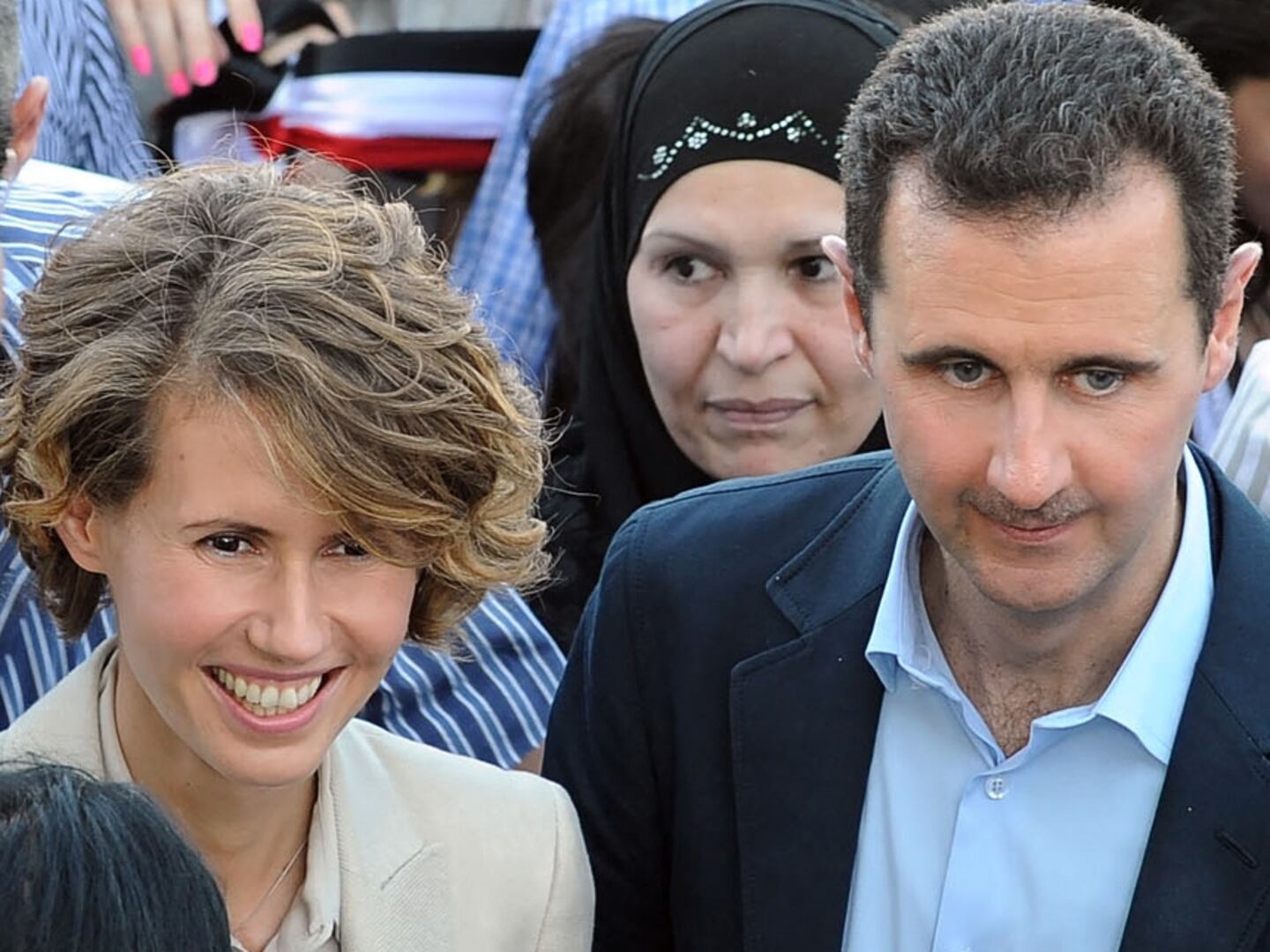Congress
Drew Angerer/Getty Images
Team Trump Hits Back at Democrats, Says Impeachment Is Election ‘Interference’
YOU’RE THE PUPPET
The president’s lawyers opened their Senate arguments by denying the existence of a quid-pro-quo on Ukraine and questioning Democrats’ motives.





